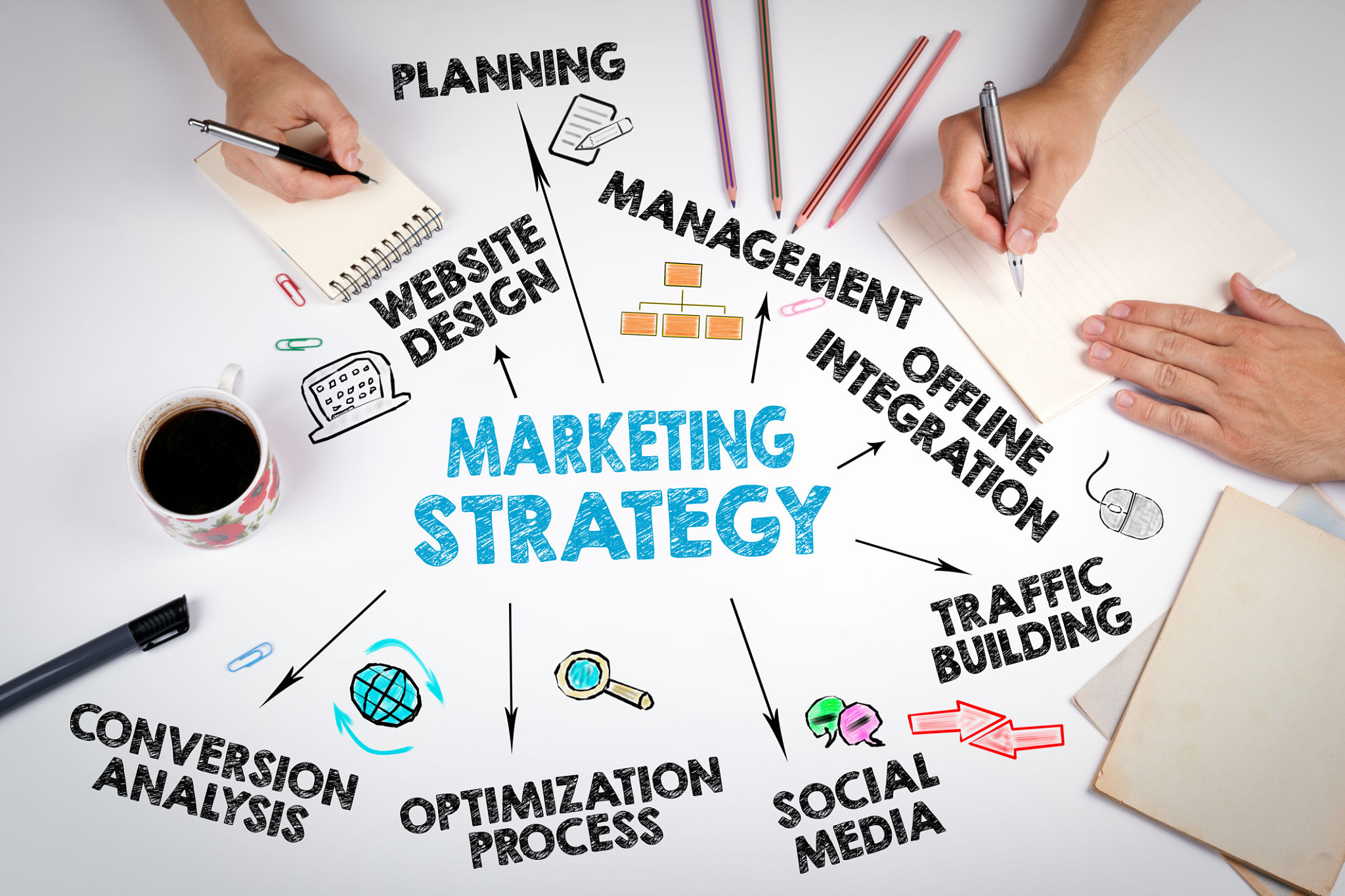Expert Tips for Hosting Successful Corporate Events in London
Understanding Your Audience
When planning a corporate event in London, the first step is to thoroughly understand your audience. Knowing who will attend can help tailor the event's theme, tone, and activities to meet their interests and expectations. Consider factors such as industry background, age group, and professional interests to create a relevant and engaging experience.

Conduct surveys or gather feedback from past events to gain insights into what attendees appreciate. This will not only help in crafting an agenda that resonates with your audience but also in choosing suitable speakers and entertainment options.
Choosing the Perfect Venue
The venue sets the tone for the entire event. London offers an array of stunning venues, from historic buildings to modern conference centers. Consider the size, location, and facilities of potential venues to ensure they align with your event's objectives and logistical needs.
Accessibility is crucial, so choose a location that is easy to reach via public transport or offers ample parking. Additionally, consider the technological capabilities of the venue, such as Wi-Fi availability and audio-visual equipment, to support your event's requirements.
Creating a Compelling Agenda
A well-structured agenda keeps attendees engaged and ensures the event runs smoothly. Balance keynote speeches with interactive sessions such as workshops or panel discussions to maintain interest. Allow time for networking, as this is often a key reason attendees participate in corporate events.

Incorporate breaks strategically to give attendees time to refresh and recharge. This also provides opportunities for informal conversations that can lead to valuable connections.
Engaging Content and Speakers
The content of your event should be both informative and inspiring. Select speakers who are experts in their field and can deliver engaging presentations. Famous personalities or industry leaders can draw attention and boost attendance.
Prepare speakers in advance by sharing event goals and audience demographics. Encourage them to include interactive elements in their presentations, such as Q&A sessions or live polls, to foster engagement and participation.
Effective Promotion Strategies
Promotion is key to ensuring a successful turnout. Utilize multiple channels such as social media, email marketing, and partnerships with industry organizations to reach potential attendees. Collaborate with influencers or thought leaders who can endorse your event to their followers.

Create a dedicated website or landing page with all necessary information about the event, including registration details. Offering early bird discounts or group rates can also incentivize registration.
Ensuring Smooth Coordination
Logistics are the backbone of any successful event. Work closely with suppliers, vendors, and venue staff to ensure everything is in place on the day of the event. Have contingency plans for potential issues such as technical difficulties or unexpected cancellations.
Assign team members specific roles and responsibilities to streamline coordination. Clear communication among team members ensures everyone is aligned and any last-minute changes are managed efficiently.
Post-Event Follow-Up
The success of a corporate event extends beyond its conclusion. Gather feedback from attendees through surveys to understand what worked well and areas for improvement. This information is invaluable for planning future events.

Share highlights of the event through newsletters or social media posts to maintain engagement with attendees and reach those who couldn't attend. Expressing gratitude to speakers, sponsors, and participants strengthens relationships and sets the stage for future collaborations.